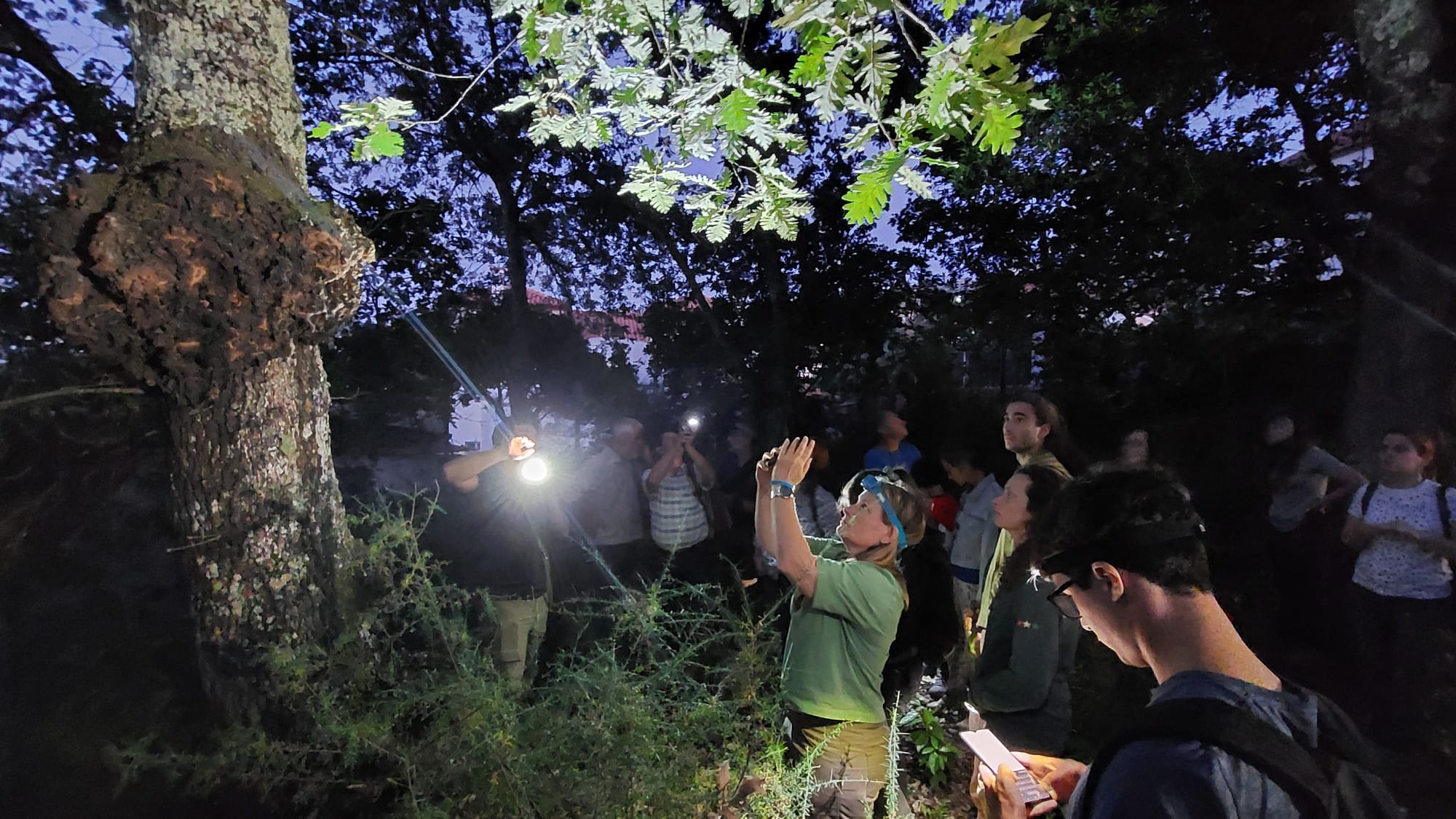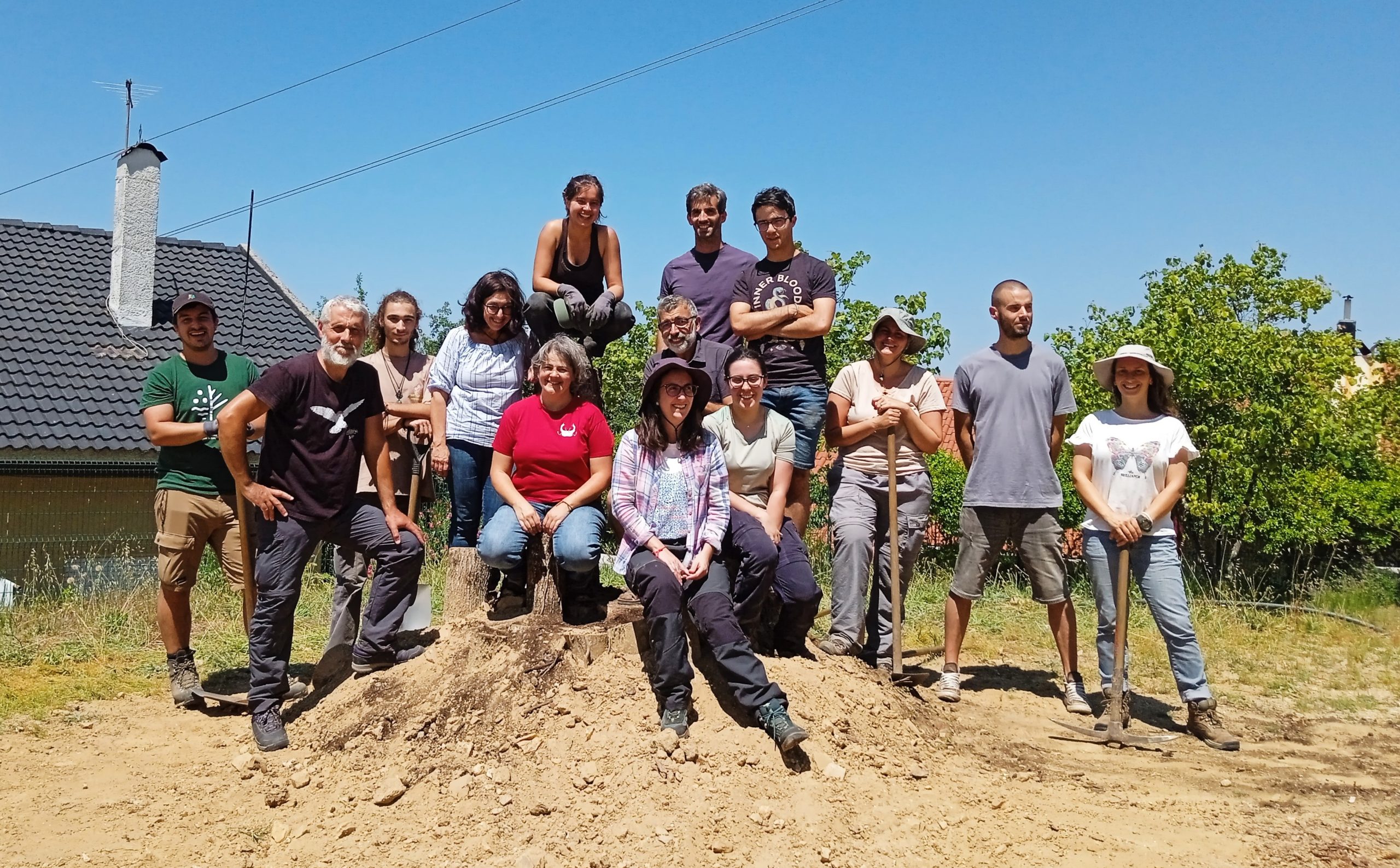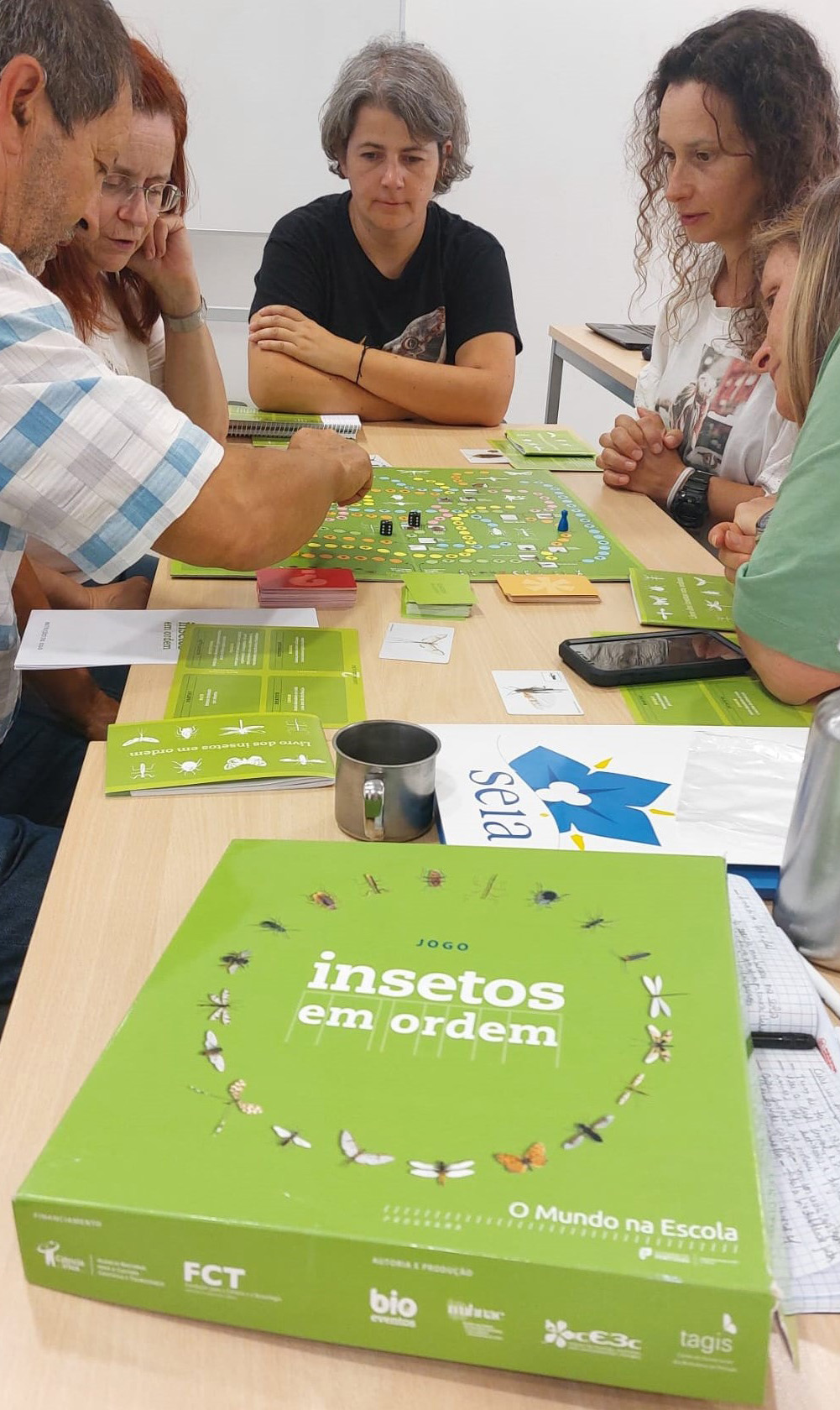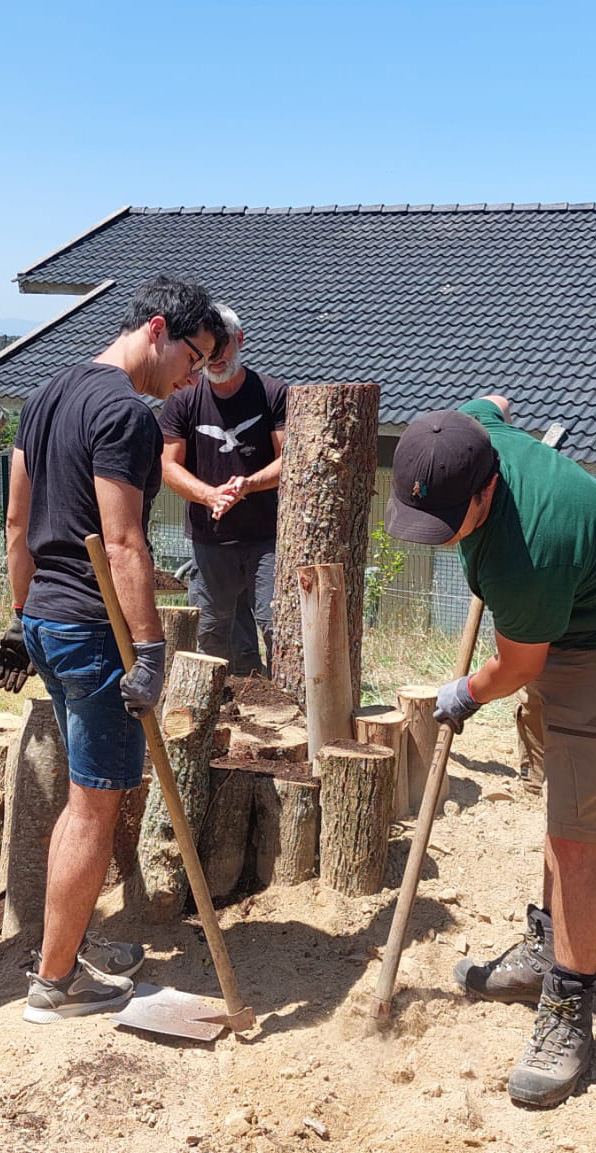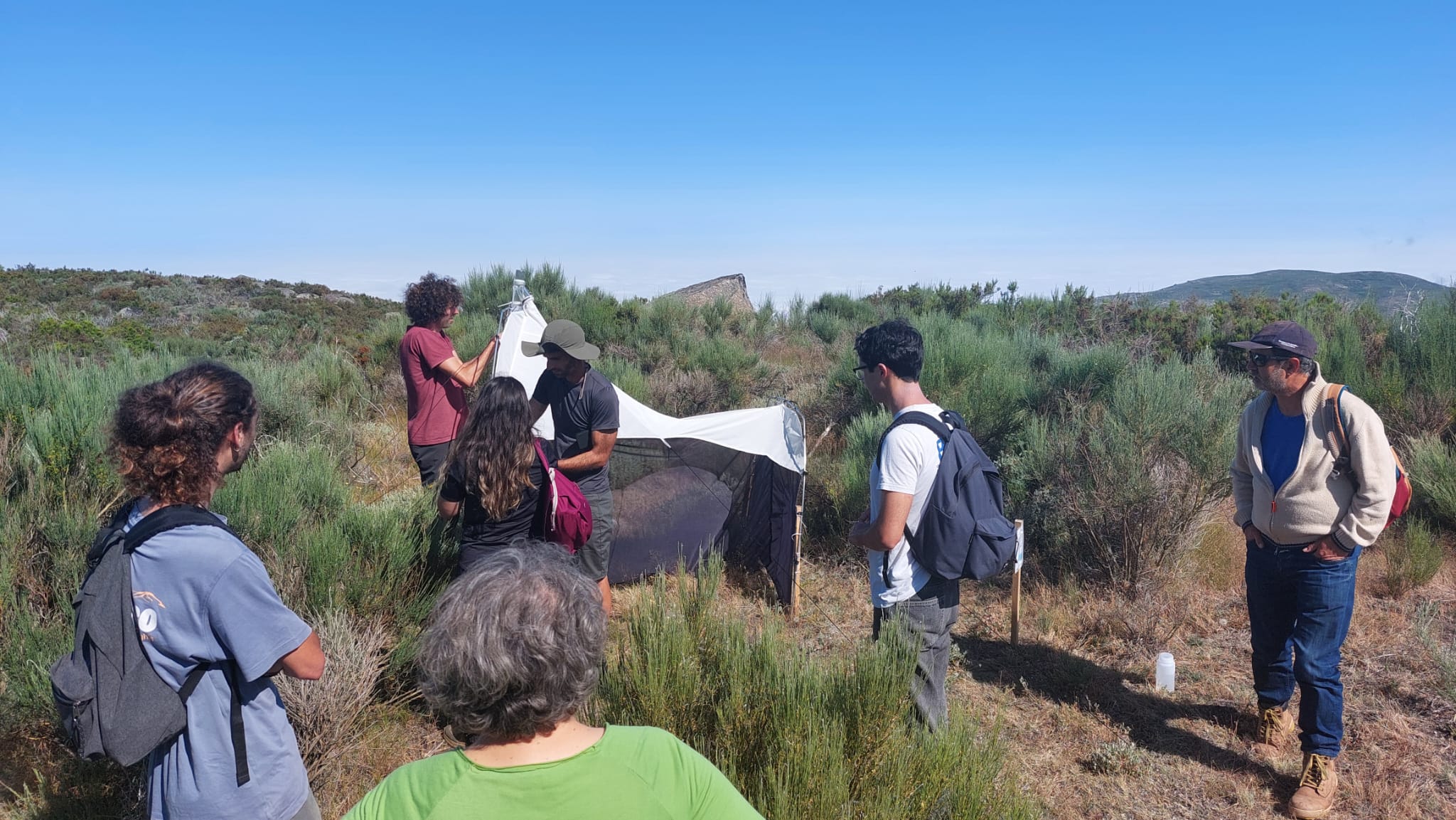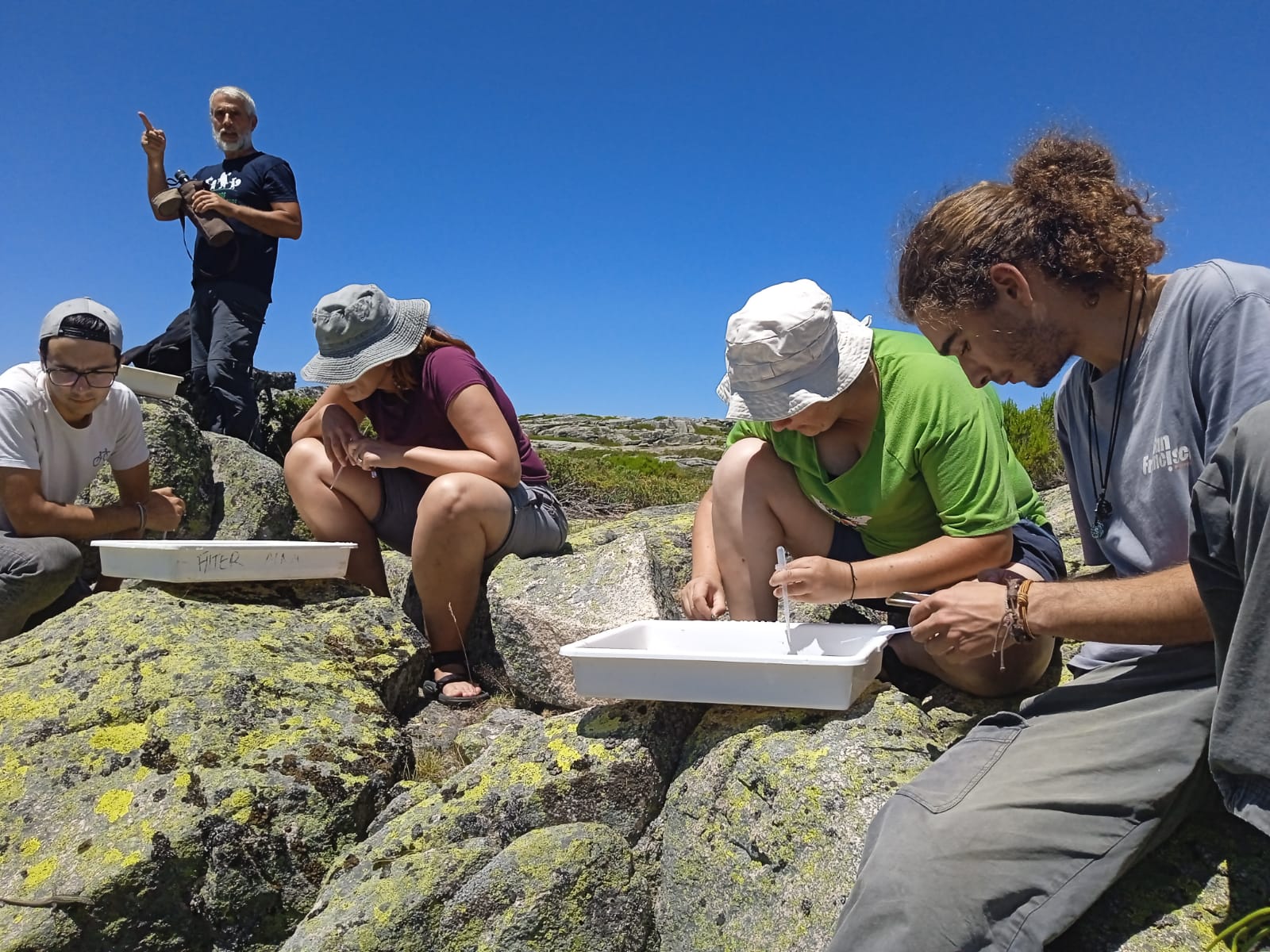The Little Things That Run the World – Mountain (1st edition)
Associação BIOPOLIS – CIBIO; CISE – Centro de interpretação da Serra da Estrela
18-20 July 2023
This event aimed to create awareness on the diversity and importance of invertebrates and improve proximity and public perception of them, shifting the perception of the attendees – from undefined bugs to named animals: beetles, dragonflies, flies, bees, wasps and others. The activity also sought to reduce fear and disgust from bugs and raise awareness to key roles of invertebrates and ecosystem services.
The event offered a mixture of theoretical sessions, field sessions, practical work, games and brainstorming.
The WHAT
- Diversity and importance of invertebrates
- Interaction between plants and animals: pollinators
- Biodiversity 4all/iNaturalist – how to use them and implement projects
- Decomposing organic matter: putting nutrients back in the cycle
- Saproxylics, scavengers and coprofagous: Why, why do we need them..!?
- Freshwater invertebrates: ecological role and biomonitoring
The HOW
- Sampling methods: introduction
- Sampling methods: checking traps in the field
- Molecular tools to study invertebrates: DNA barcoding and DNA metabarcoding
- Conservation in action: shelter construction for saproxylics
The ACT
Is there space in science for citizens: Tools and Initiatives (iNaturalist/BioDiversity4All)
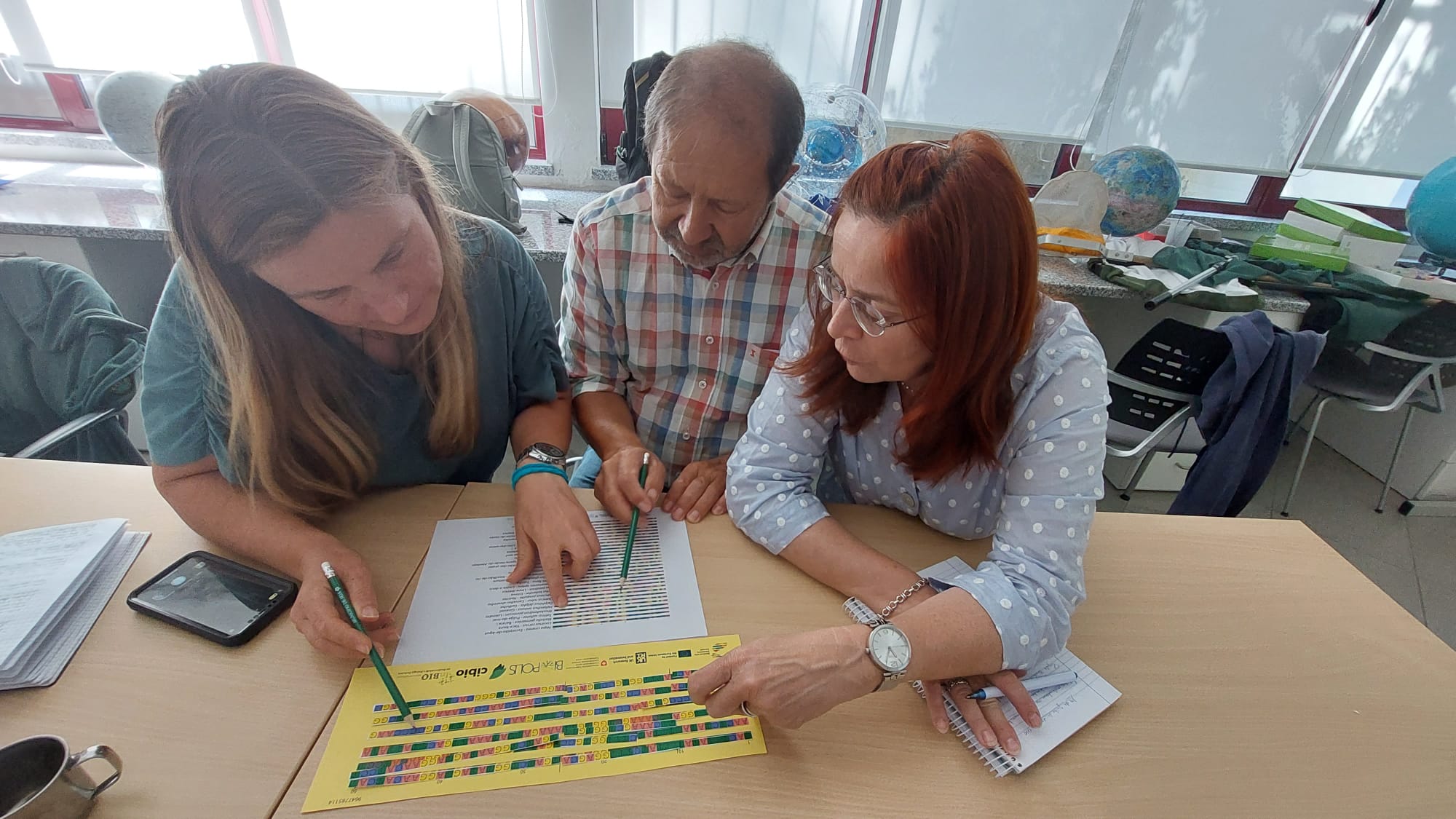
PLAY time!
Game – Insect orders ID
Game – DNA barcoding BINGO: each team received a card representing an environmental DNA sample with six DNA sequences, each representing a species present at the location where the sample was collected. Pieces of DNA sequences were randomly drawn each round of the game, the number of pieces being dictated by using a dice. The objective was to fill in the card as quickly as possible and, using a guide, name the six species present in the sample. The participants have then to infer what type of sample was received (water, soil, stomach contents), and in what environment or location it was collected.

